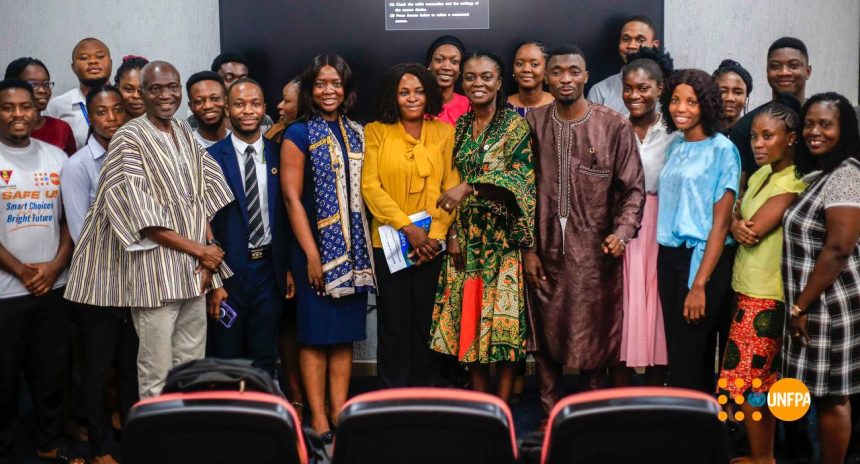The United Nations Population Fund (UNFPA) Ghana has launched the 2024 State of World Population Report (SWoP) which highlights the need for countries to understand their population dynamics to address the needs of their citizens more sustainably.
This report was launched by UNFPA Ghana in collaboration with the National Population Council (NPC) and the Regional Institute for Population Studies (RIPS) of the University of Ghana, Legon, on Wednesday, July 17, 2024, at the GNAT Hall in Accra.
The launch was part of the commemoration of World Population Day 2024, which was celebrated on July 11, 2024, under the theme “The Power of 12 million: Youth as Key Drivers towards a Resilient and Equitable Future for Ghana.”
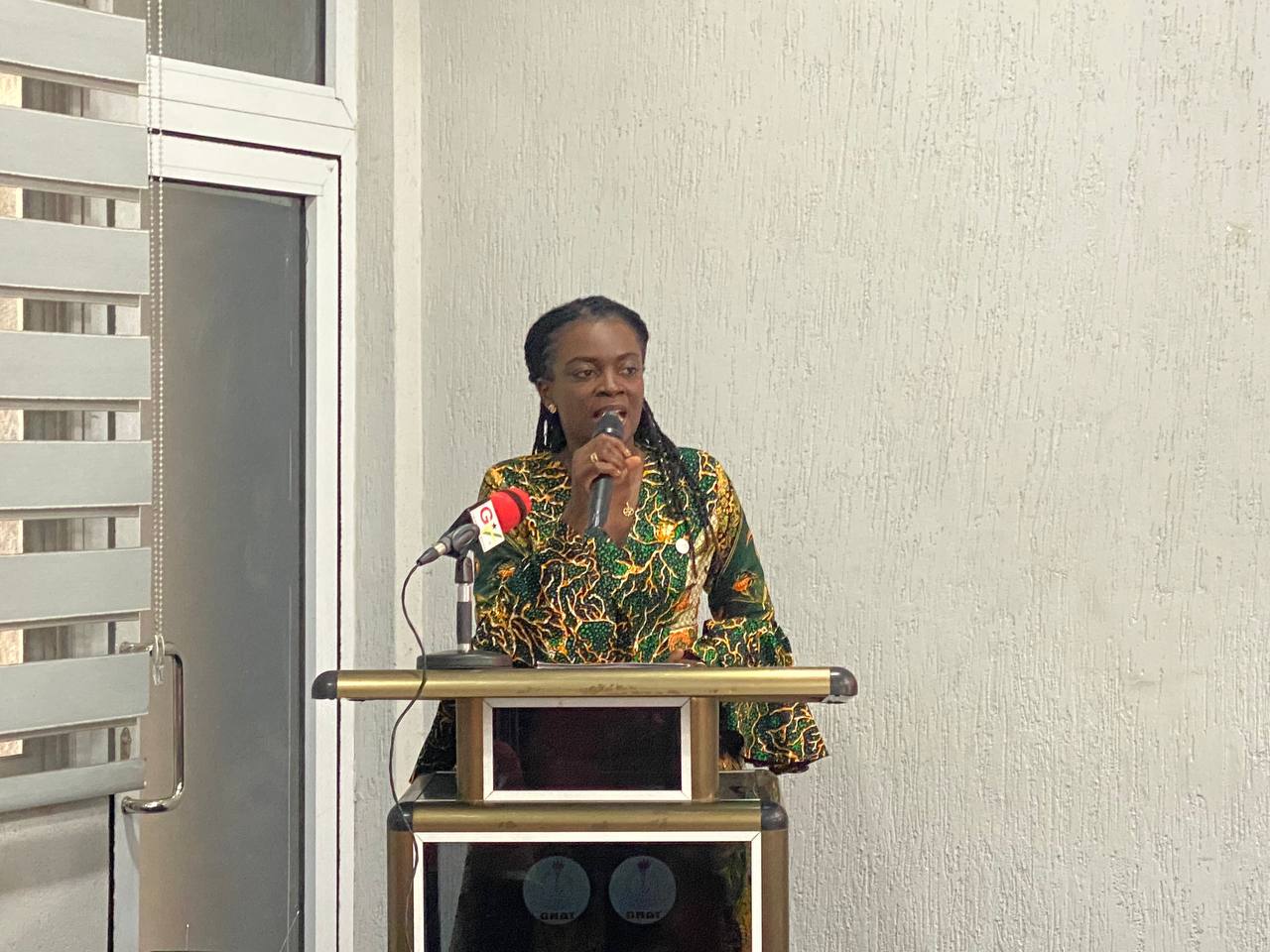
UNFPA Ghana Adolescent and Youth Program Specialist, Adjoa Nyanteng Yenyi, in a speech delivered on behalf of Dr. Wilfred Ochan, the UNFPA Ghana Country Representative, emphasized the importance of empowering Ghana’s 12 million youth to drive the country’s development.
“We believe in the power of Ghana’s 12-million-strong youth as a compelling force towards the country’s prosperity. We want to amplify the message of the youth as far as possible, to know about their aspirations, perspectives, and desires to be included as effective leaders with agency, voice, and representation, and meaningful participation in decision-making structures,” parts of Dr. Ochan’s speech said.
Dr. Ochan’s speech also highlighted the various activities that had taken place over the past four days to draw attention to the messages of World Population Day 2024 in Ghana.
“In the last four days, we have had a number of activities to draw attention to the messages of World Population Day 2024 in Ghana. First, we had an ongoing social media campaign with the tagline, 12 messages representing 12 million Ghanaian Youth. Secondly, we had a market outreach at the Makola market where the youth engaged with traders and pedestrians to create awareness of the immense potential of the youth as drivers for national development and the need to believe and empower them to achieve this,” the speech said.
Dr. Ochan further urged the media to continue collaborating with UNFPA Ghana to project the messages of the youth and to consider more avenues for national discussions involving the youth.
“We urge you, the media, for your continuous collaboration and support in projecting the messages of the youth as far as possible. Through your communication outlets, we would like everyone – parents, teachers, traders, students, local authorities, chiefs, religious leaders, youth groups, and every other Ghanaian – to understand the need to invest in youth health and well-being, education, employment, and capacity building for meaningful participation in decisions related to Ghana’s development.”
The launch of the SWoP report was led by the youth, who shared their perspectives on the issues in the report and answered questions from the media.
Dr. Ochan then encouraged all Ghanaians to take action to empower the youth and shape the country’s future.
“Countries must understand their population if they want to meaningfully develop. The commemoration of World Population Day enables countries to address the needs of its citizens more sustainably. Let us work together to shape Ghana’s future. I encourage you all to take your place and take action now. Ghana’s future is in our hands,” Dr. Ochan’s speech said.
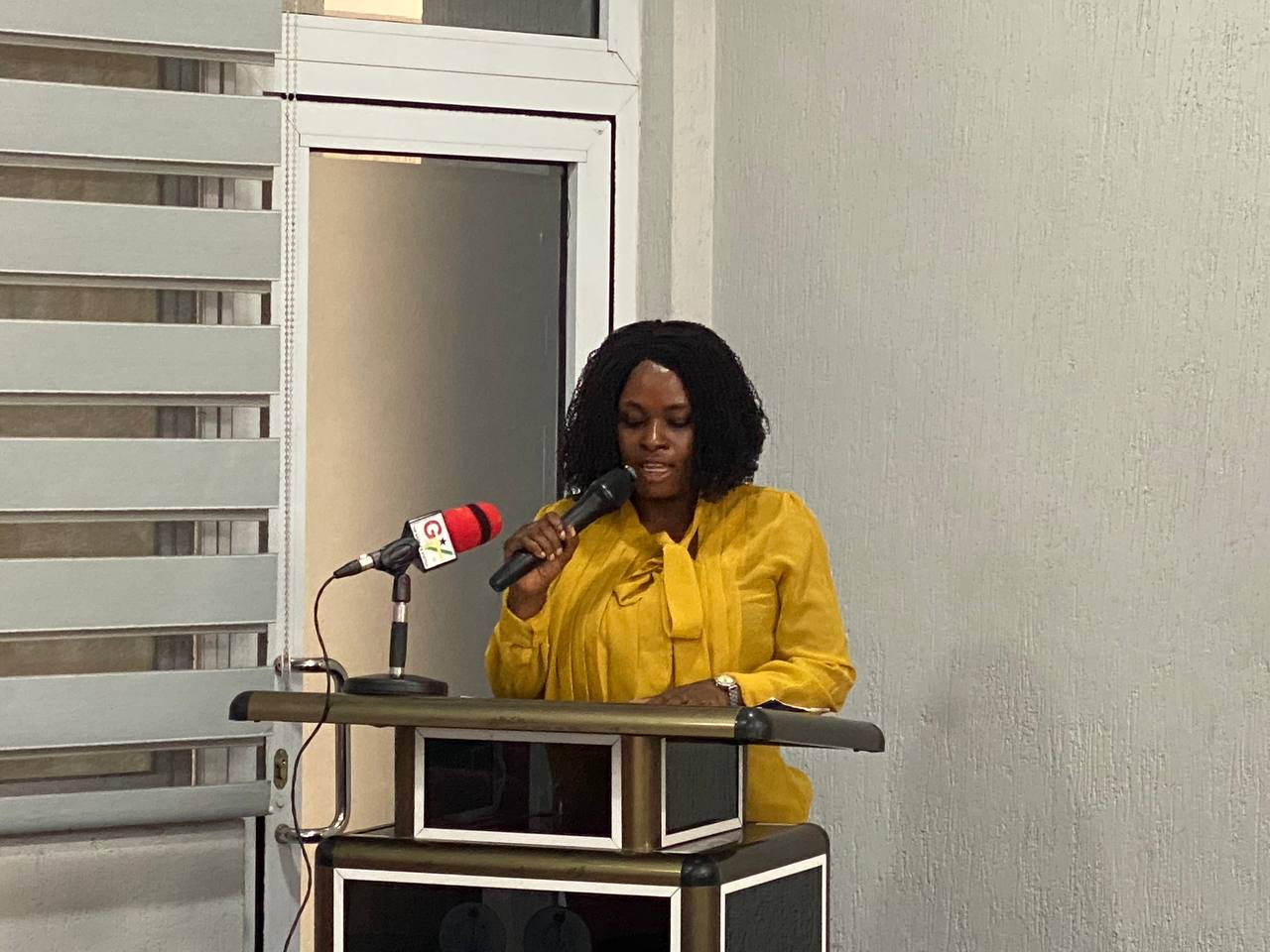
The Acting Executive Director of the National Population Council (NPC) Secretariat, Dr. Leticia Adelaide Appiah, also in a speech read on her behalf emphasized the NPC’s focus on youth development, stating that the “youth are the bedrock of our nation’s future, and their development is critical to our national growth and prosperity.”
She highlighted various youth-focused policies and strategies developed and implemented by the NPC, including the Sexual and Reproductive Health Policy for Young People in Ghana and the NEWGEN Ghana Booklet: Investing in Young People.
The NPC has also championed reproductive health education and advocacy through comprehensive programs and initiatives such as the YOLO TV Series and the Adolescent Reproductive Health Summit, which have contributed to reducing teenage pregnancies and improving maternal health. Additionally, the council has promoted gender equality and the empowerment of young women through partnerships with various agencies.
As the NPC looks to the future, Dr. Appiah’s speech emphasized the need to continue adapting and innovating to meet the needs of Ghana’s growing population, particularly its youth.
“We must continue to advocate for policies that support youth development, investments in youth education, vocational or skills training, general health and wellbeing, and the creation of economic opportunities for the youth as we strive to drive our nation forward.”
Dr. Appiah then celebrated the NPC’s remarkable journey over the past 30 years and renewed its commitment to the youth of Ghana.
“Let us take this moment to celebrate the remarkable journey of the National Population Council over the past 30 years. Let us recognize the invaluable contributions of all those who have been part of this journey – the leaders, the staff, the partners, and the communities. And most importantly, let us renew our commitment to the youth of Ghana,” her speech read.
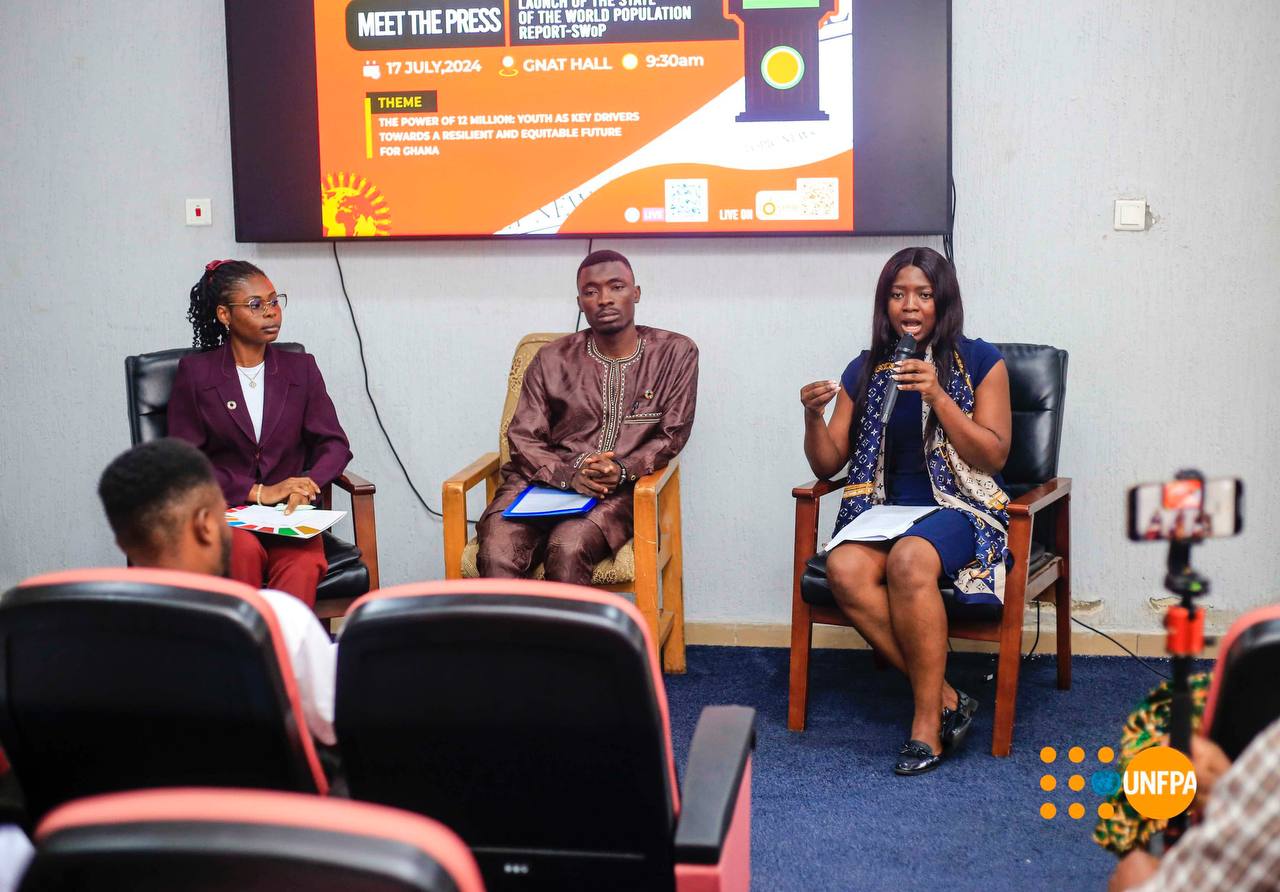
Some UNFPA Youth Leaders (YoLe) Fellows who were also present at the launch spoke more about the 2024 SWoP indicating that education and skills development are also essential for youth empowerment.
The report calls for increased investment in youth education, vocational training, and skills development to prepare them for the job market. This includes equipping youth with the skills and knowledge needed to adapt to a rapidly changing job market and to be innovative.
Furthermore, the report emphasizes the importance of youth inclusion and participation in decision-making processes. It states that the youth must be involved in shaping policies and programs that affect their lives, to ensure their voices are heard and their needs are addressed.
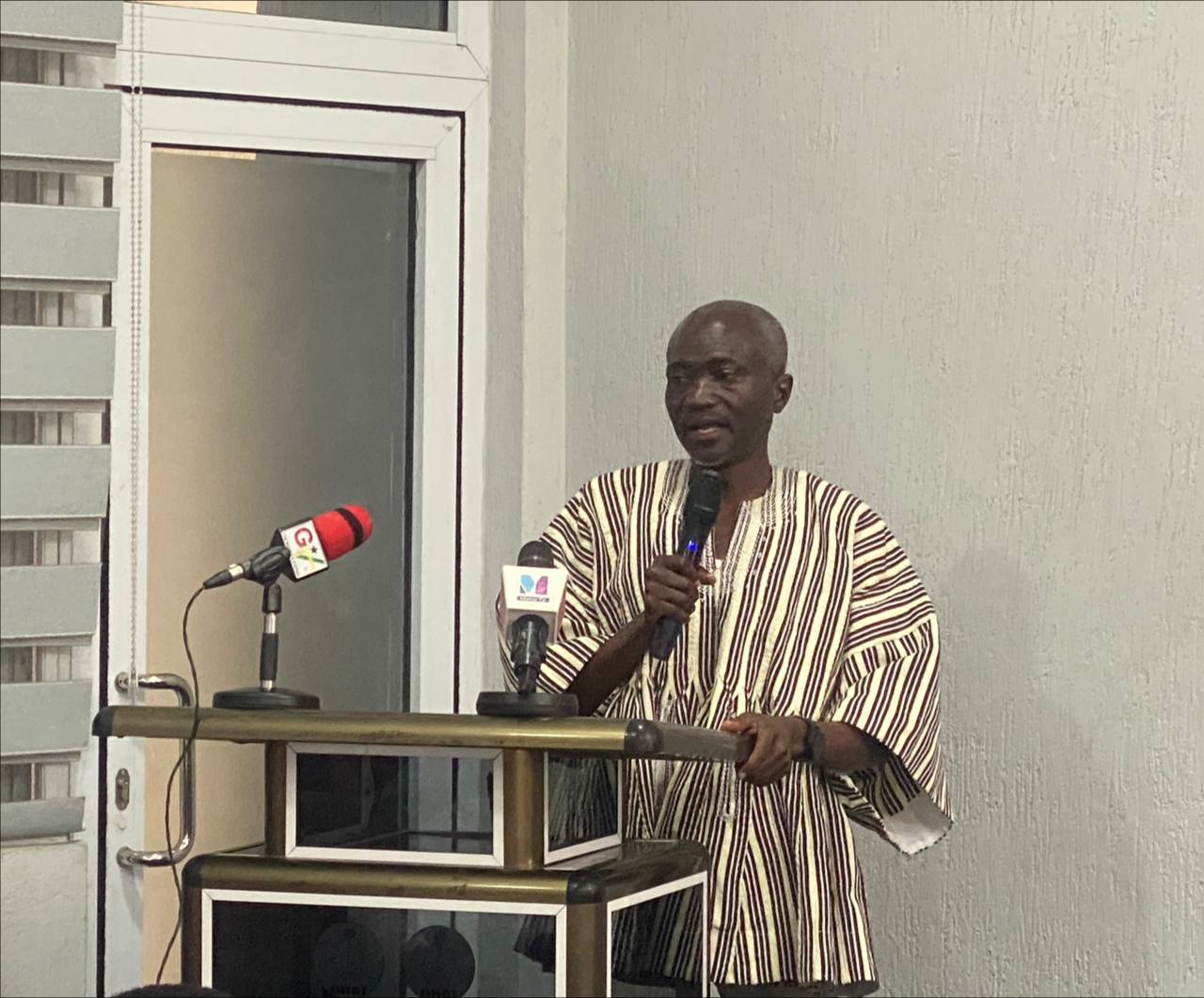
Mutaru Goro Iddrisu, UNFPA Ghana Population and Development Program Analyst who spoke to the media also urged them to take a critical role in holding leaders accountable for planning and investing in youth development.
He emphasized the importance of using data to inform policy decisions.
“Our leaders will not work with data. Just check the manifestos. How many of them have quantitative data? How many of them are talking of the percentage of population, young people, working population, elderly people, and then children?” he asked.
Goro Iddrisu further expressed concern that leaders prioritize flashy promises over evidence-based policies, which hinders the country’s ability to harness the demographic dividend.
He highlighted the urgency of addressing the needs of Ghana’s large youth population, citing the statistic that 1.9 million young people are neither in education, nor training, nor employment.
“They [politicians] are talking of things that are flashy, that will attract voters’ attention. Do you know that when they win power, they come to sit down to personalize their manifestos? These 1.9 million young people, where are they? How do they survive? They must eat, sleep, etc. how are they able to do it?” he asked.
Mr. Iddrisu called on the media to scrutinize leaders’ policies and hold them accountable for investing in youth development.
“Please, we want the media to take the heat to the leaders. They have to begin to plan with the numbers. And if you watch carefully, these days, almost everybody in the media is talking about the numbers,” he said.
The 2024 SWoP report emphasizes the critical role of youth in driving Ghana’s development and resilience. By prioritizing youth empowerment, education, and health, Ghana can harness the demographic dividend and create a brighter future for all.
The report’s recommendations offer a roadmap for policymakers, stakeholders, and youth themselves to work together to create a more resilient and prosperous Ghana.
More Photos Below
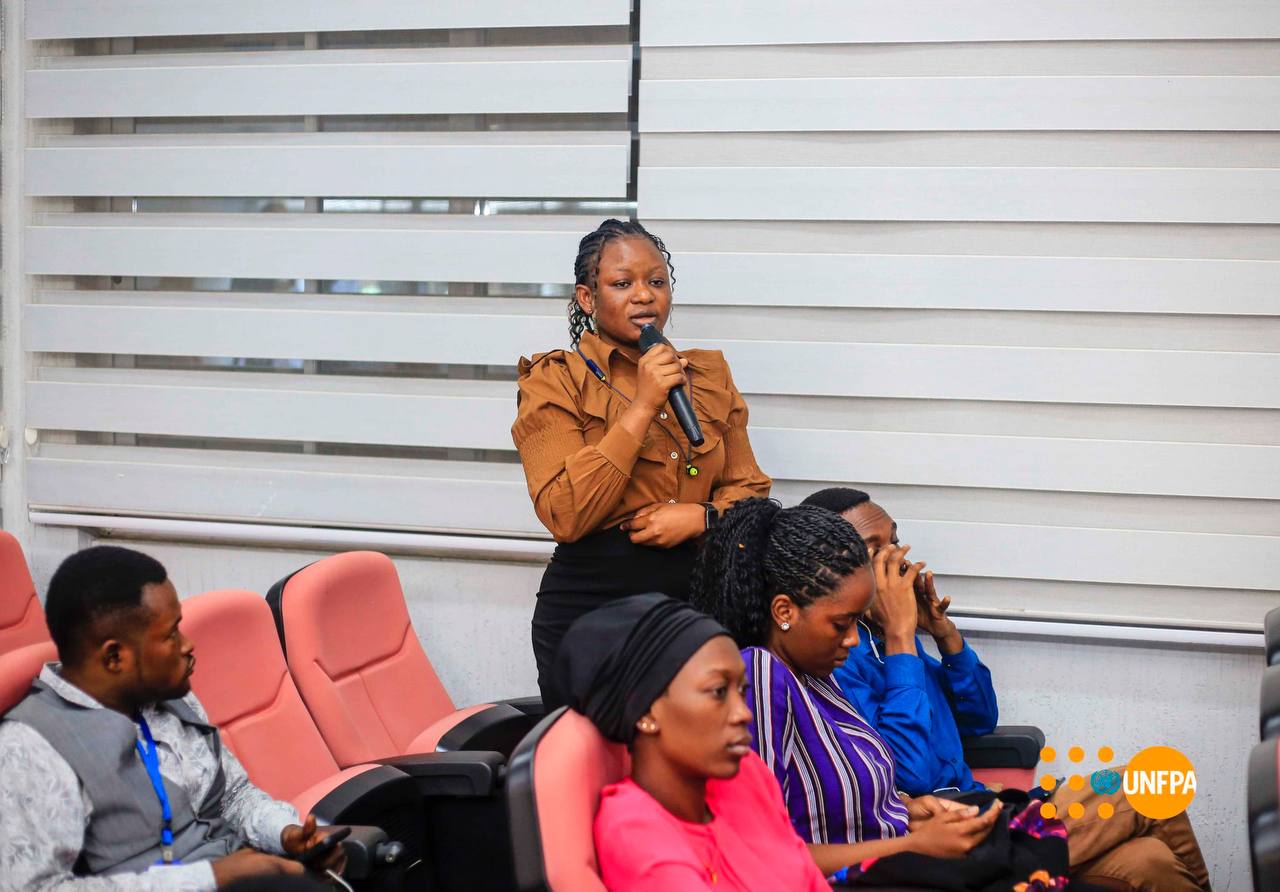
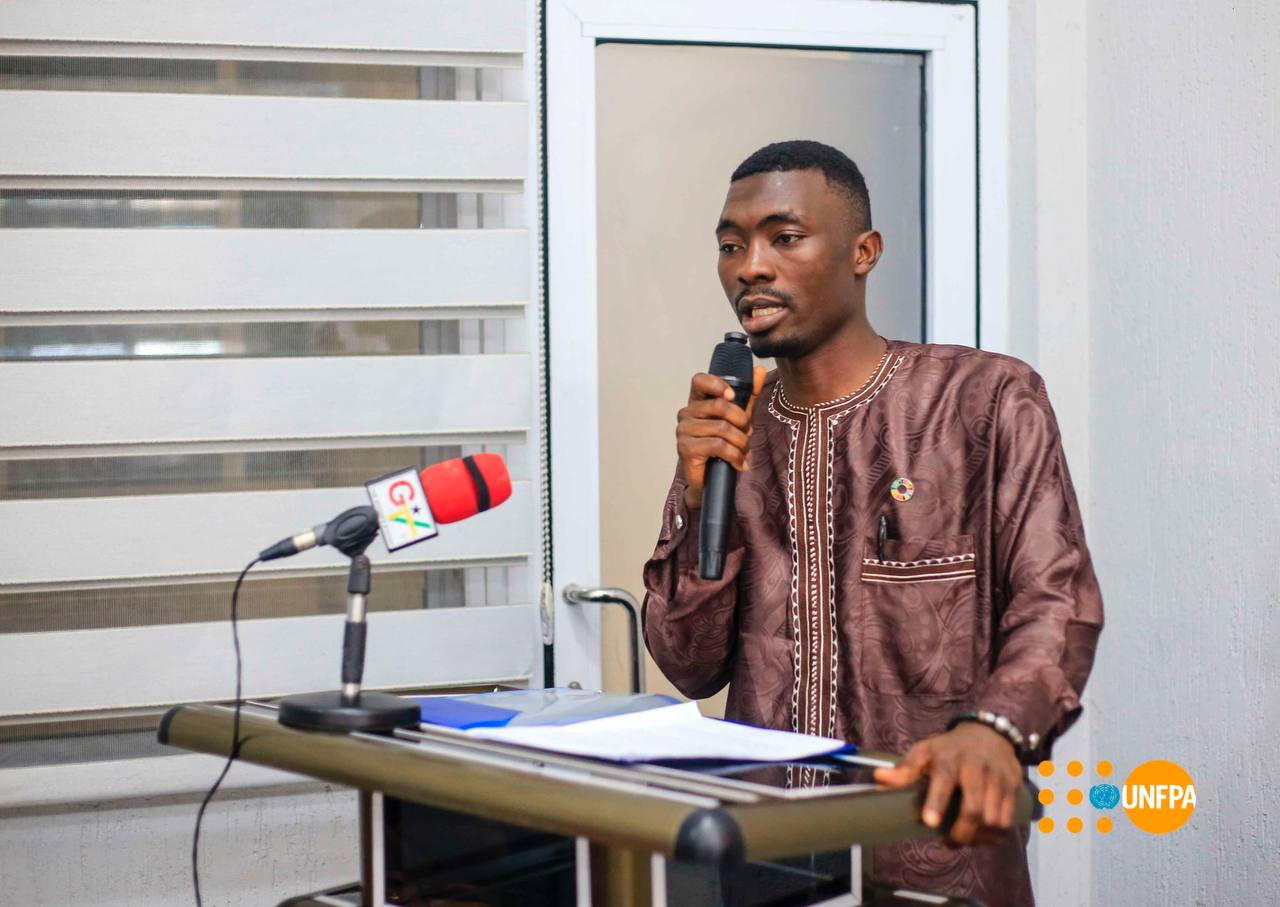
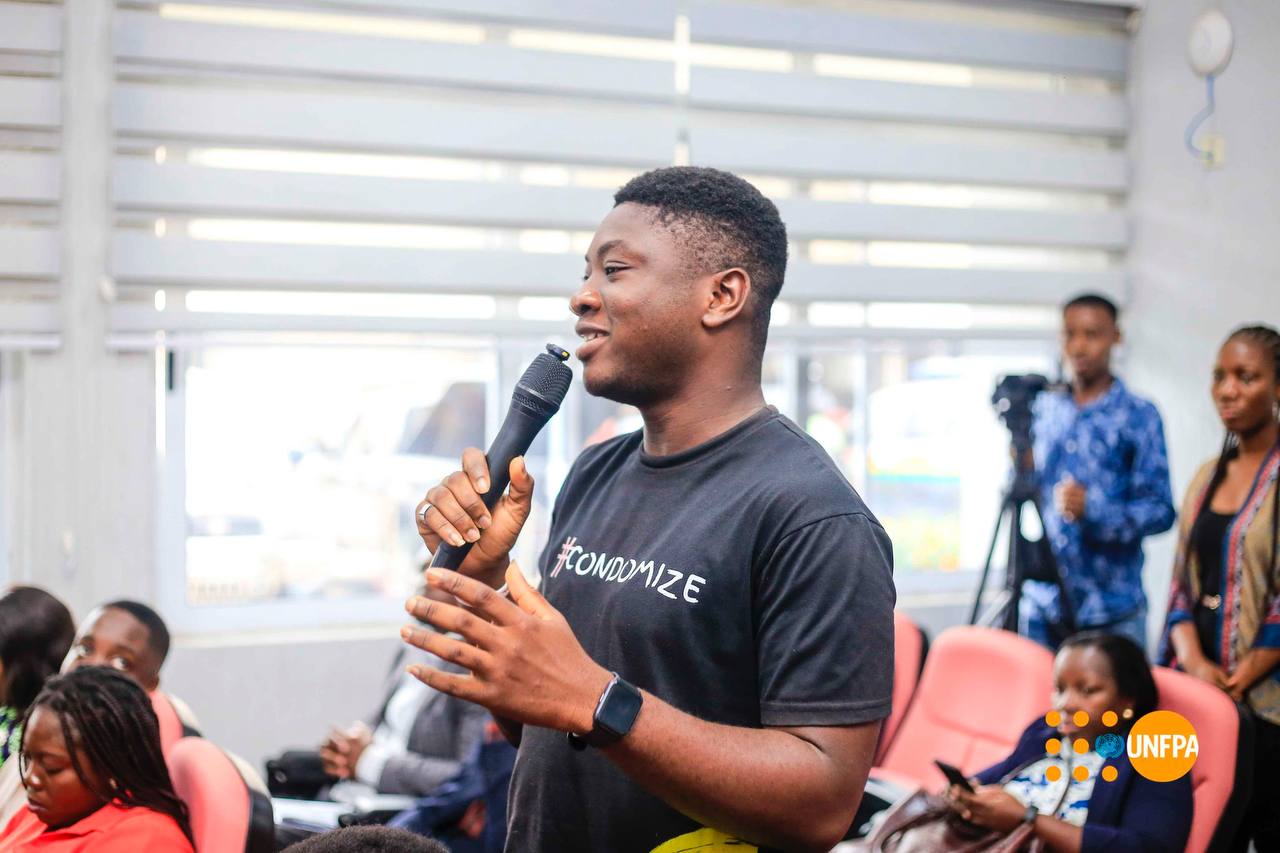
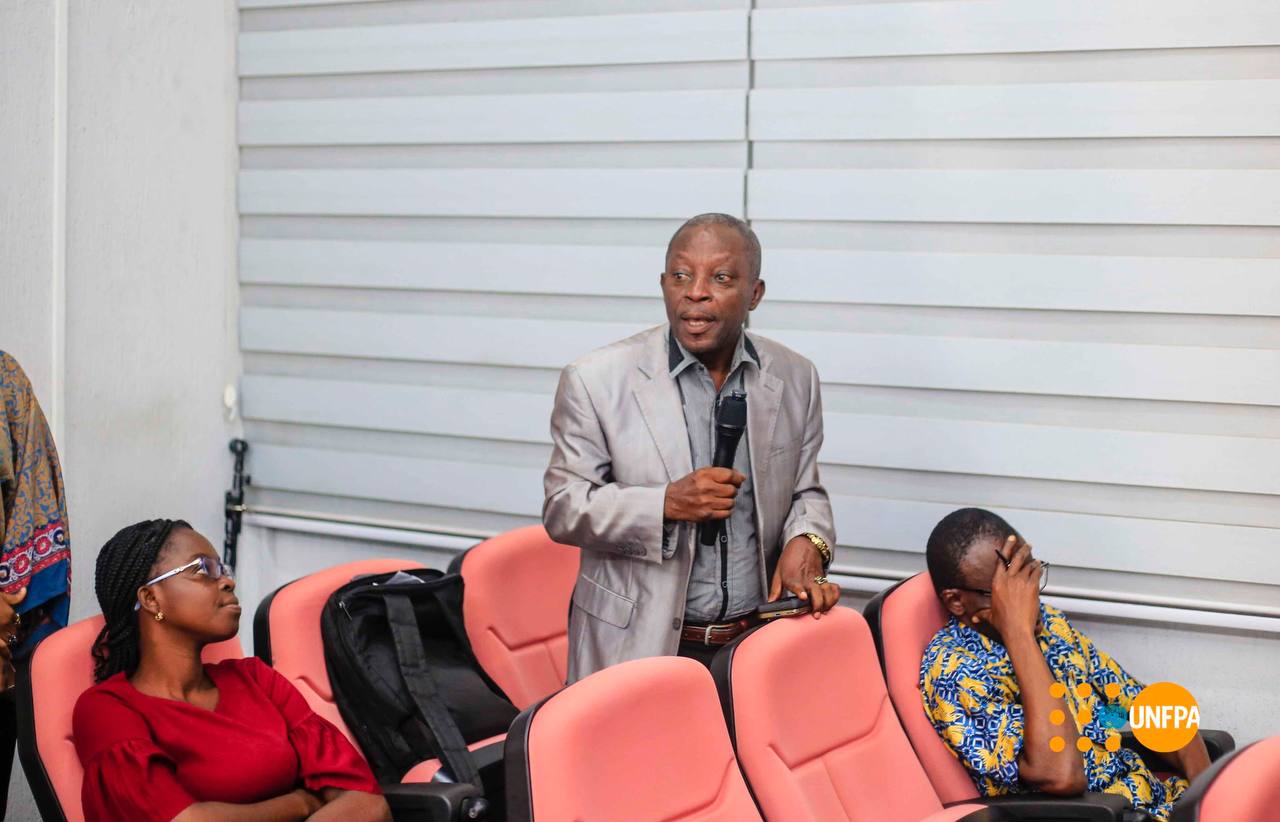
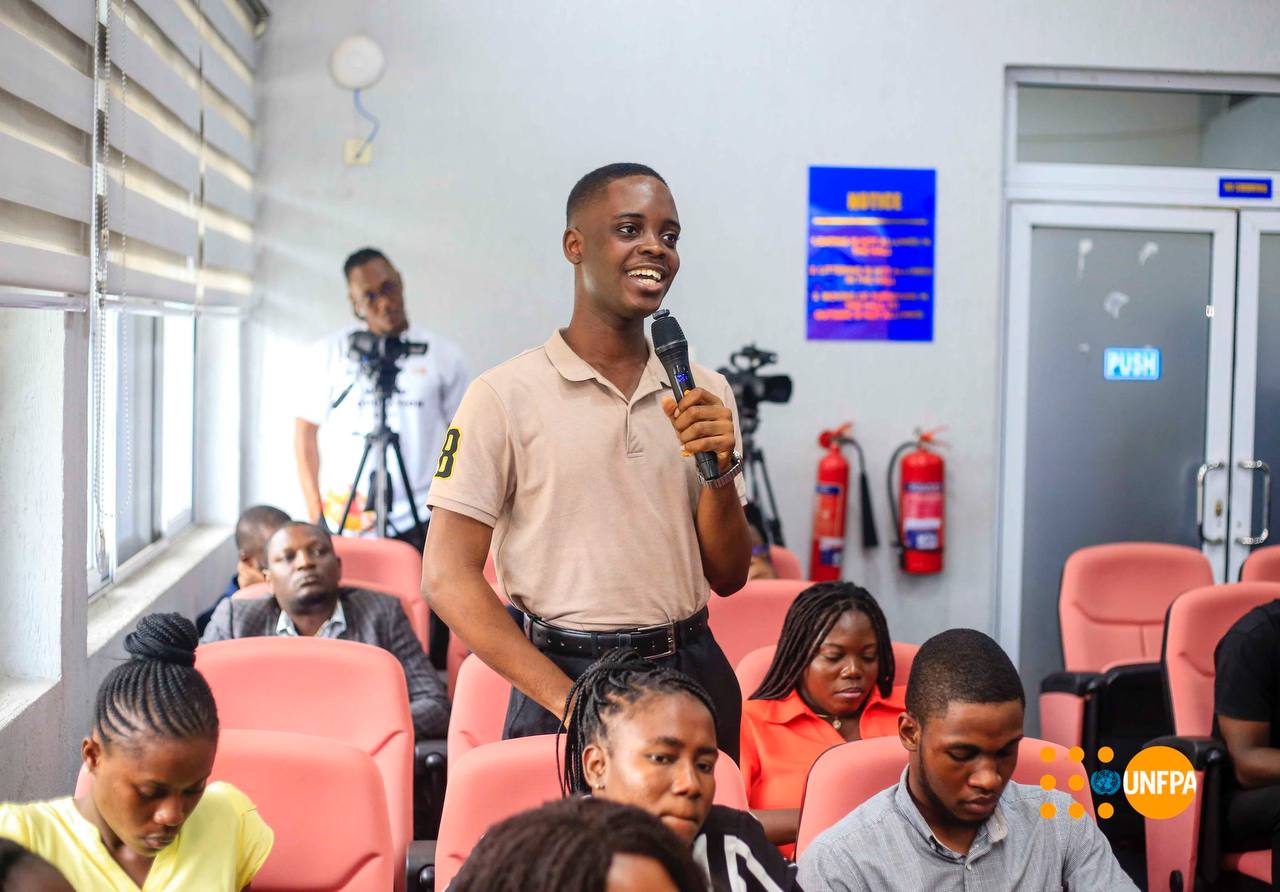
–
Story by: Kelly Adjetey Boye | univers.ug.edu.gh

